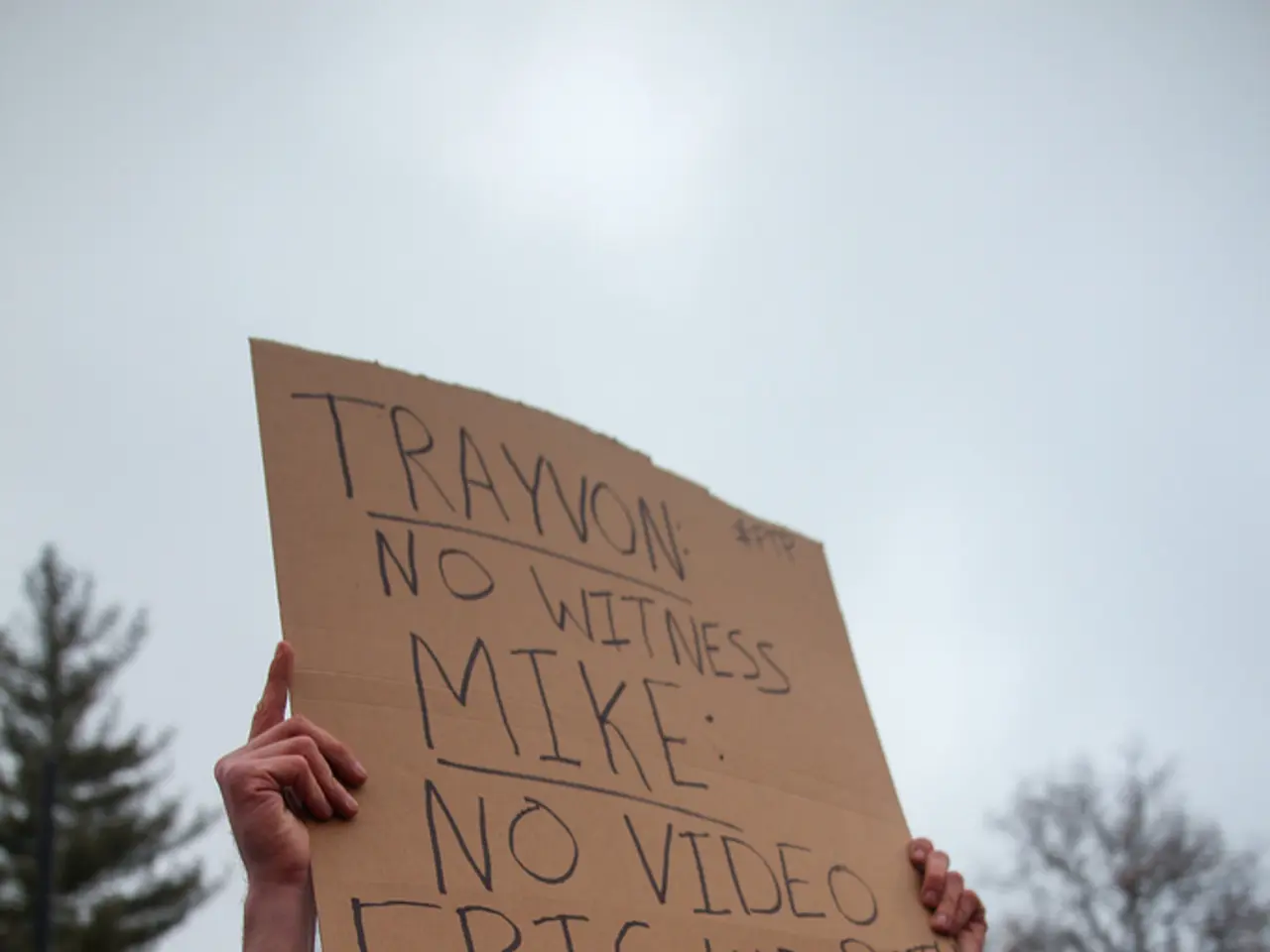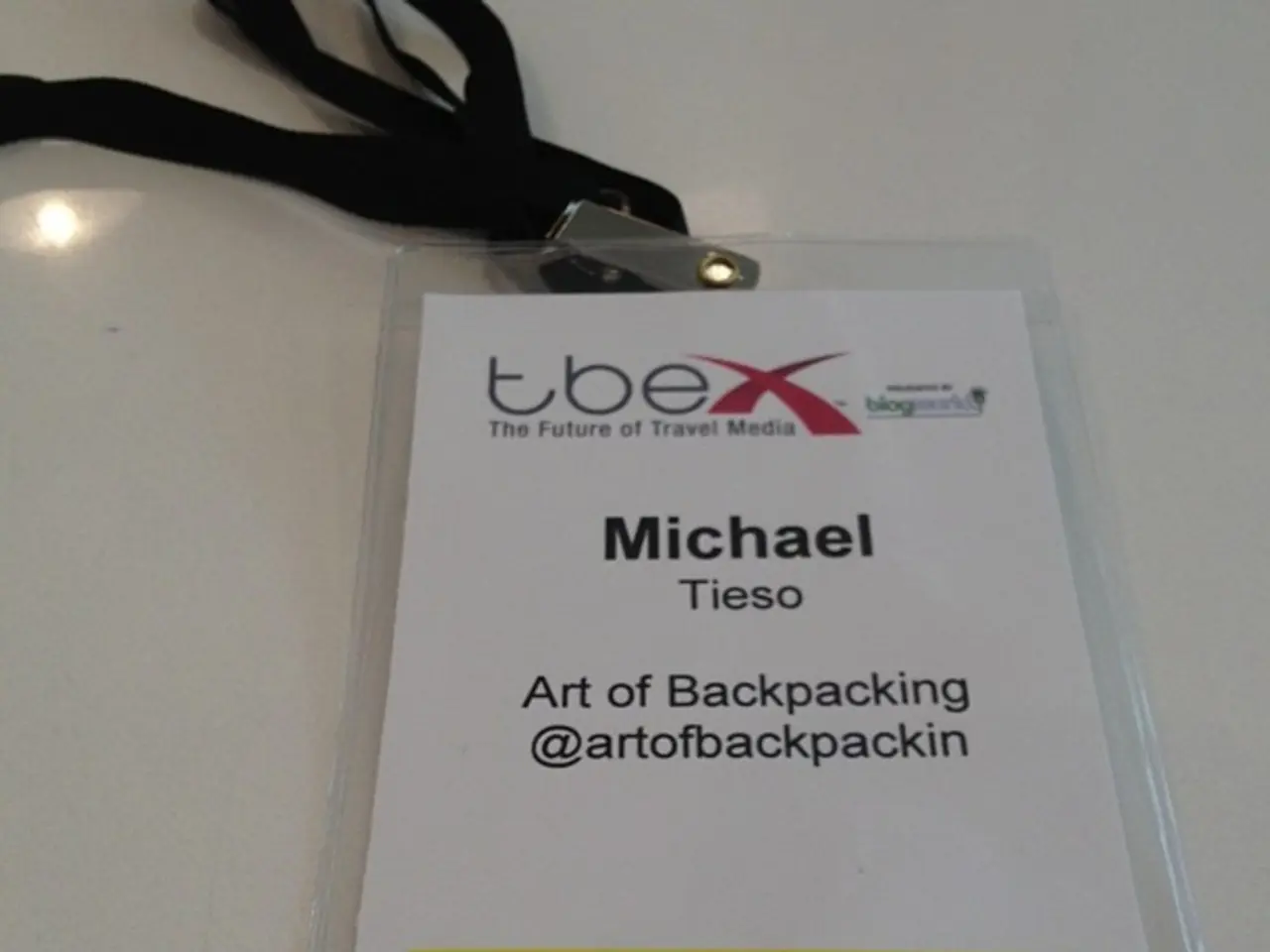Brazil seeks guarantees ahead of any potential Lula-Trump conversation, referencing the Zelensky incident as a caution.
The current relationship between the United States and Brazil is marked by significant trade tensions, diplomatic disputes, and strategic rivalry, particularly in Latin America.
Trade Tensions
On July 9, 2025, U.S. President Donald Trump announced a 50% tariff on all Brazilian imports, set to take effect from August 1. The tariff was justified by Trump's claims that Brazil's actions undermined "free elections" and judicial rulings affecting U.S. social media companies. He also instructed the U.S. Trade Representative to launch a Section 301 investigation into Brazil’s alleged unfair trade practices.
Brazil's President Luiz Inácio Lula da Silva denied these accusations and indicated Brazil’s intention to negotiate but also retaliate using the recently passed Economic Reciprocity Act. The tariffs threaten a broad range of Brazilian exports to the U.S., potentially impacting over 100,000 Brazilian jobs and raising prices of Brazilian goods for American consumers.
Diplomatic Fallout
The U.S. government has taken strong steps beyond tariffs, including cancelling visas of eight of Brazil’s Supreme Court justices, alleging persecution of former President Jair Bolsonaro and censorship of American tech firms by Brazil’s judiciary. These actions have markedly worsened relations, with Brazil perceiving the U.S. measures as politically motivated and undermining mutual trust.
Strategic Influence in Latin America
The U.S.-Brazil rift occurs amid broader strategic shifts in Latin America. Brazil, under Lula's leadership, has pushed for greater alignment with global South coalitions like BRICS, which is advancing efforts to circumvent the U.S. dollar in international trade and establish alternatives to Western-led financial institutions.
The July 2025 BRICS Summit in Rio de Janeiro intensified tensions as these proposals challenge U.S. economic primacy in the region. The U.S., perceiving this as a geopolitical threat, has responded with tariffs and scrutiny measures aimed at limiting Brazil’s growing independent foreign policy.
Summary
The key drivers behind the current U.S.-Brazil tensions are the Trump administration’s imposition of punitive tariffs linked to political and judicial conflicts, Brazil’s legislative preparation for reciprocal trade responses, and Brazil’s strategic pivot within forums challenging U.S. dominance in Latin America. These dynamics have introduced significant uncertainty to bilateral trade, soured diplomatic ties, and underscore a contest for influence in the Western Hemisphere.
The potential trade war is part of Trump's wider campaign to overhaul U.S. trade policy, applying maximum pressure on foreign partners to win more favorable terms for the U.S. Secretary of State Marco Rubio boycotted a G20 foreign ministers' meeting in South Africa earlier this year. Haddad, Brazilian Finance Minister, addressed the ongoing dispute over steep U.S. tariffs on Brazilian goods, stating that the Brazilian government is working to reopen rational diplomatic channels.
Trump's accusations against South Africa's President Cyril Ramaphosa of supporting "white genocide" during a tense White House meeting in May further strained relations between the two nations. The Trump administration has not confirmed whether Trump will attend the G20 summit scheduled to be held in South Africa this November.
- The Trump administration's imposition of punitive tariffs on Brazilian imports, tied to political and judicial conflicts, falls under the wider campaign to overhaul U.S. trade policy, aiming to pressure foreign partners for more favorable terms.
- Brazil's intention to respond to U.S. tariffs using the Economic Reciprocity Act, a recently passed legislative measure, indicates a reciprocal policy strategy in face of trade tensions.
- Beyond trade tensions, the U.S. government's cancellations of visas for Brazil’s Supreme Court justices illustrate an escalating political conflict characterized by mutual accusations and perceived interference in each other's administration.
- The geopolitical landscape of Latin America is seeing changes, as Brazil, under Lula's leadership, is pushing for alignment with global South coalitions and financial initiatives that challenge U.S. dominance in the region, leading to increased strategic rivalry.





